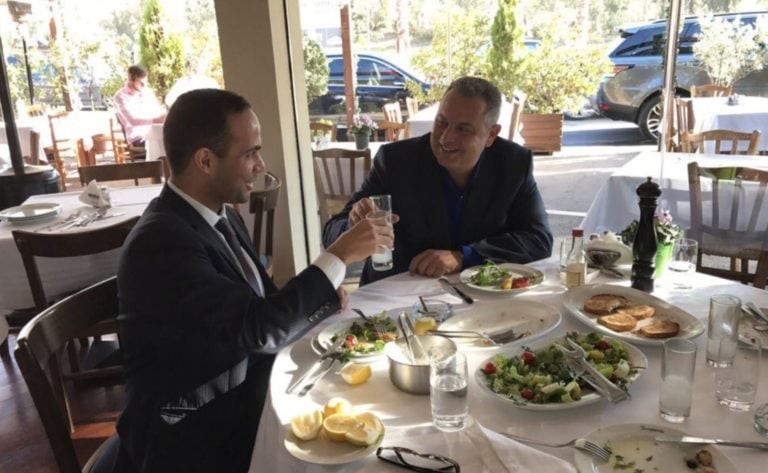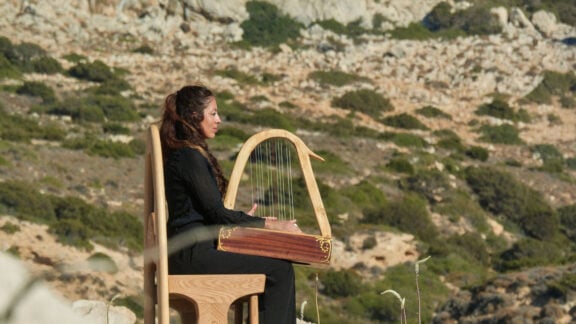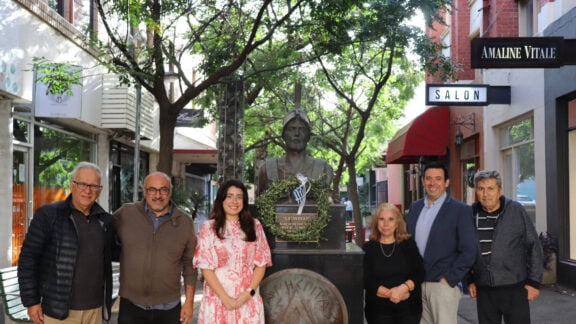Shortly after he was sentenced to 14 days in prison for lying to FBI investigators about his contacts with Russian intermediaries ahead of the 2016 US presidential election, ex-Trump adviser George Papadopoulos appears to have unleashed a Twitter rant on former Australian foreign minister Alexander Downer.
The two men met for the first time at a London bar in May 2016, where the Greek American reportedly told Downer about damaging material held be the Russians on Hilary Clinton that they could use during the presidential election campaign.
Downer appears to have claimed he passed on the sensitive information to Canberra “the following day or a day or two [later]”, which was then forwarded to the FBI, while, according to other media reports the information was conveyed a couple of months later, coinciding with the Democratic Party emails leaking online.
Either way, the incidence appears to have been a key trigger for the special counsel Robert Mueller’s investigation on Russia’s alleged role in the US election.
Twitter posts coming from the account @georgepapa19 questioned Downer’s motives during the controversial London drinks meeting.
“The notion that Downer randomly reached out to me just to have a gin and tonic is laughable. Some organization or entity sent him to meet me. For the sake of our republic and the integrity of this investigation, I think it’s time Downer is as exposed as Christoper Steele,” one of the posts dated on Tuesday 11 September reads.
While the identity of the Twitter account owner has not been officially confirmed, a number of media organisations including Fairfax, Network Ten and US news network MSNBC have reported it belongs to Papadopoulos.
The parallel drawn between Downer and Christopher Steele in the tweet feeds into a conspiracy theory championed by Trump supporters, as Mr Steele is a former British spy who was assigned to author a report on an alleged ‘wild weekend’ the US President had in Russia.
The tweets further attempt to undermine Downer, who was then Australia’s former high commissioner to the UK, calling him a “Clinton friend”, and claiming he had links to then-British PM David Cameron, for the sake of whom he was trying to elicit information about Papadopoulos’ connection to energy projects in Israel.
Proving any of these claims true could jeopardise the whole investigation on Russia’s alleged interference in the US election.
Even though Papadopoulos doesn’t deny knowing about the potential Russian dirt on Clinton, in multiple media interviews he has stated he does not remember telling Downer about it.
MEETINGS WITH KOTZIAS AND KAMMENOS
And as if the plot wasn’t thick enough, during an interview last Sunday with Greek American journalist, George Stephanopoulos, on ABC’s This Week show, Papadopoulos claimed he told Greek government officials about the Clinton dirt file.
In particular, Papadopoulos admitted that in May 2016 he told Foreign Minister Nikos Kotzias about a tip given to him by a professor identified as Joseph Mifsud, according to which Russians had Hillary Clinton’s emails in their possession, a claim also disclosed in a memorandum submitted by Papadopoulos’ lawyers in court.
At the same time, the memorandum is said not to mention the name of Alexander Downer.
In his interview at This Week, Papadopoulos refrained from referring to Kotzias by name, instead mentioning him as the “Greek Foreing Minister”.
Meanwhile, recent reports that emerged have questioned it was Kotzias who received the sensitive information from Papadopoulos, claiming it might have actually been the Minister of National Defence Panos Kammenos, with whom Papadopoulos had also met in Athens during his visit in 2016.
The veracity of these claims remains unconfirmed and it is unknown whether Kotzias – or Kammenos – relayed this information elsewhere.
Kammenos has reportedly said that he was approached by Papadopoulos prior to the US presidential election with a proposal relating to energy issues that Kammenos allegedly found worthy of looking into.
Papadopoulos, a key figure in the Russian probe saga, is the first Trump adviser to be sentenced during special counsel Robert Mueller’s investigation, after pleading guilty to lying to US intelligence agents about his contacts with Russian nationals.
When he had initially admitted to lying to FBI, Donald Trump had dismissed the 31-year-old adviser, who specialises in energy affairs, as a “low-level volunteer” who has “already proven to be a liar”, with the president’s team insisting that he played a minimal role in the campaign and had no access to Trump.

On top of the 14-day-jail sentence, Papadopoulos was ordered by the court to complete 200 hours of community service and one year of probation after his release. A fine of $US 9,500 ($13,000) was also imposed.
US District Judge Randolph Moss said during the sentencing that Papadopoulos deserved prison for deceiving investigators working on “a matter of grave national importance” and that he lied to “place his own personal ambitions above the interests of the United States.”








